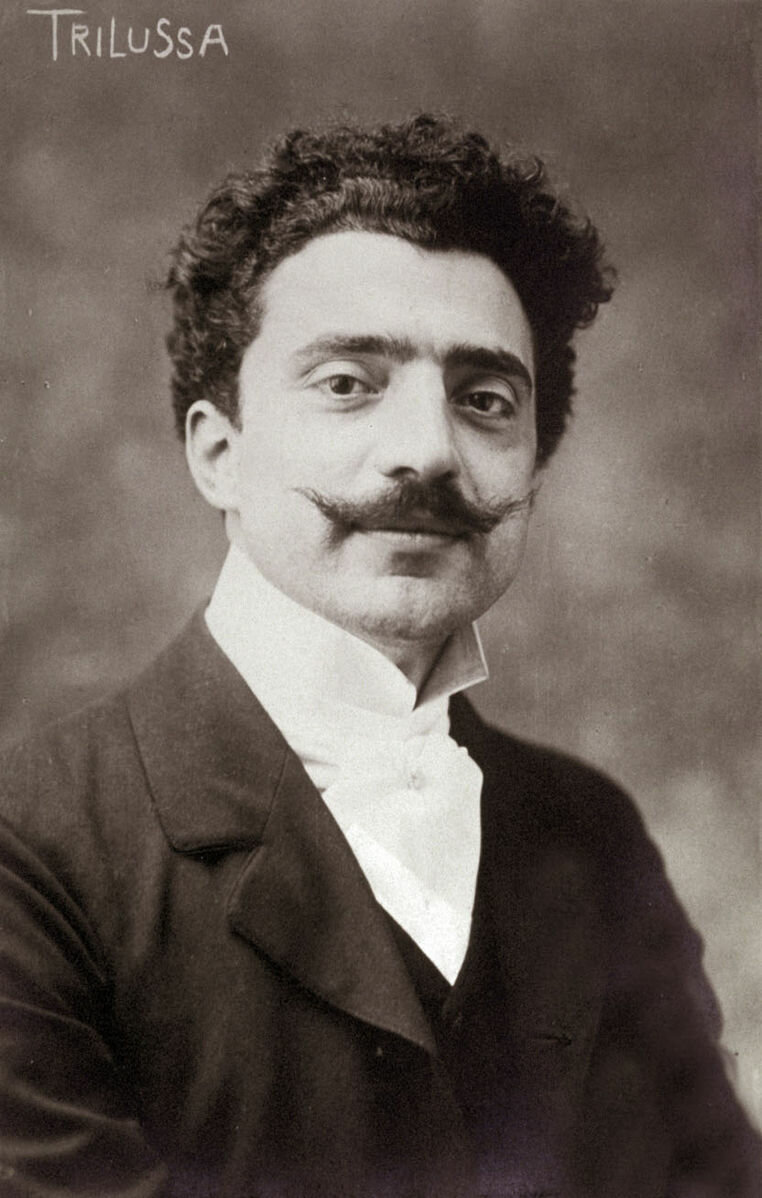Psychologists as well as sociologists will pour much ink – whether virtual or liquid – about the impact of social distancing on learning, soft skills and the almost inevitable intrusion of the “work dimension” into private lives. The fact is, though, much of what we used to do physically has been almost instantaneously replaced by some form of home-confined working, perhaps, given the circumstances, a more appropriate expression than smart working.
We did experience this almost instantaneous revolution at Consip, the Italian government’s central purchasing body (CPB), which employs around 430 professionals. Our colleagues in other regional CPBs did the same, hundreds of thousands of civil servants also switched to a yet unknown working mode. And guess what? The “administrative Juggernaut” did not come to a halt, quite the opposite in fact. Take the case of CPBs: normal procedures as well as COVID-related procedures have been carried out (a caveat here would be in order since one of the emergency-related decrees issued by the Italian government allowed firms stretched terms for submitting their tenders, thus slowing down many procurement processes). An indirect proof comes from the Italian Anticorruption Authority’s annual report to the Parliament (ANAC being the Italian Authority’s acronym) published on 2nd July. In his final consideration, the ANAC’s Chairperson emphasizes that in April 2020 Euro 3-billion worth of COVID-related public contracts (mainly personal protective equipment - PPE, aprons and ventilators) have been awarded, 57% of the contracts (in value) above the Euro 40,000 threshold have been handled by either CPBs or other centralized procurement offices/organizations.
Call for tenders have been issued, award committees have evaluated tenders, and contract management activities have unfolded, albeit with patchy performance given global supply chain disruptions. All this materialized thanks to hundreds of public procurement professionals working through some (effective, it must be said!) digital device. We did move overnight from an almost “natural” working mode whereby people would share the same physical space for 10 hours/day to a mode whereby only a screen and a bunch of documents were shared.
Two questions spring out of this inspiring picture. Why going back to the office at all (once the epidemiologic conditions would allow employers to ponder such a decision)? This is a little less than a mere provocation. We do know that we need to get together again some time soon (hopefully). The point is: What kinds of work dimensions require people to meet in person? What kinds of output potential would we give up were we to interact through a screen only? While policy makers have rapidly converged toward the decision of adopting smart working in the public sector more extensively, the discussion seems to have collapsed too simplistically on “how many days per week should a public servant be allowed to work at home?” Yes, this is not a secondary aspect. However, an even more relevant aspect is to identify which tasks/activities would concretely benefit from physical interactions. Civil servants do not share the same mission, so a qualitative assessment of administrative tasks (to start with) will be inevitable in order to get the best out of tomorrow’s new working mode.
The second question would immediately apply to such weird organizations as CPBs. It is arguable (let us still nourish some doubt…) that, at least in Europe, countries worst struck by the COVID-19 pandemics would have benefitted from a better coordination among public buyers. We wouldn’t be otherwise be able to rationalize why the European Commission took a step to centralize at the continental level the acquisition of PPE and ventilators. Even more radical decisions are being taken to set up an emergency infrastructure at the continental level. Would it be so outlandish to envisage a European CPB, say, for emergency procurement? And if the answer is a deafening “YES”, should we need a physical organization somewhere in Brussels? The answer is a roaring “NO”. What we would really need is a virtual organization, a network of professionals working already-operating physical CPBs in Europe, who are selected in advance and remain alert to provide the necessary know how as soon as the emergency strikes. Think of it. No one would ever move from her/his hometown. All we need is to reproduce exactly what we have been doing during the past 4 months. This would benefit neither a region nor a country, but the whole of Europe.
What a dreamlike mission of public procurement professional, serving both her/his own country and Europe!











